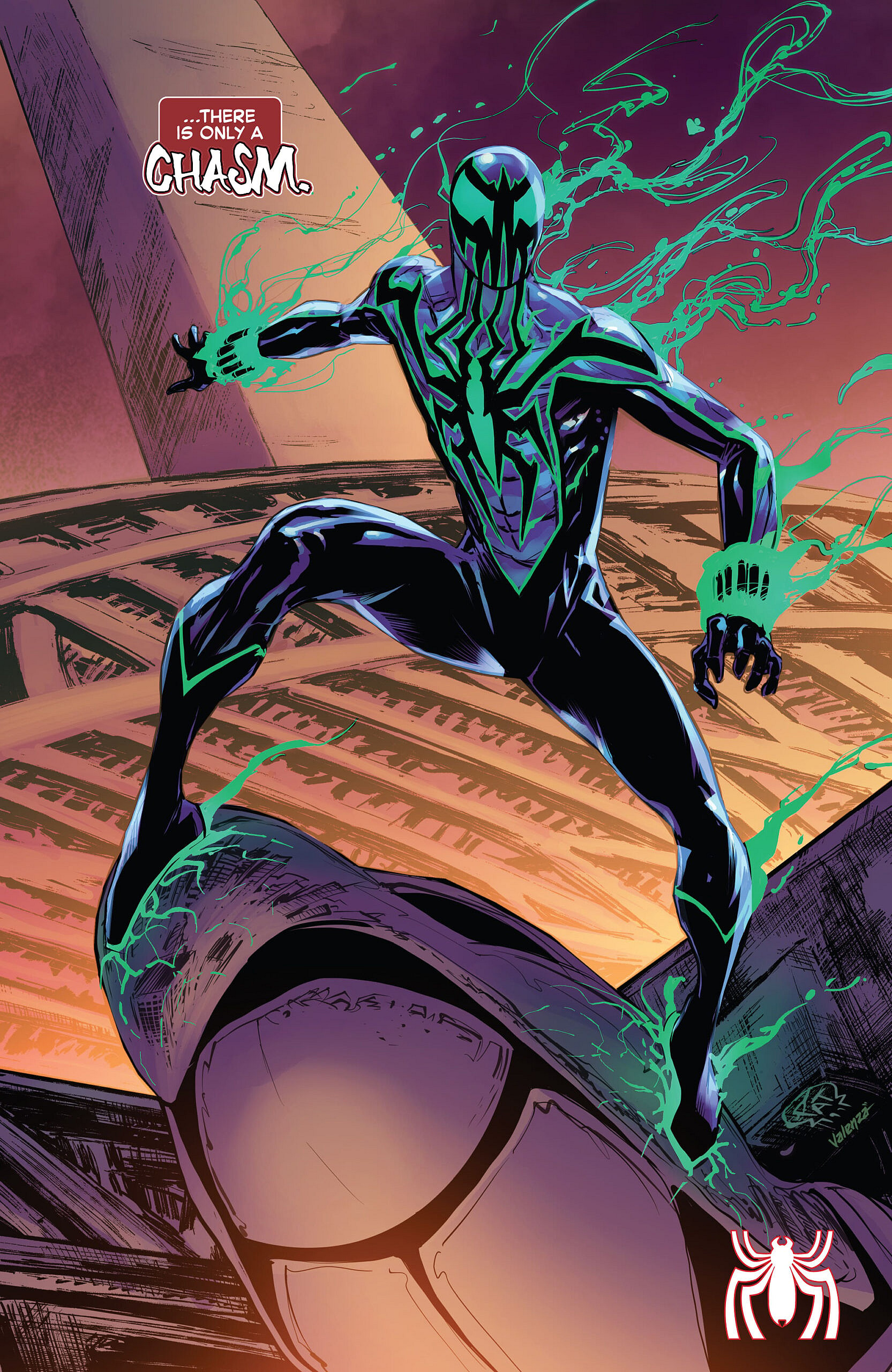Marvel President Believes Comics Industry Is “In A Healthy Place”, Blames Continued Struggles On Aftereffects Of COVID-19 Pandemic
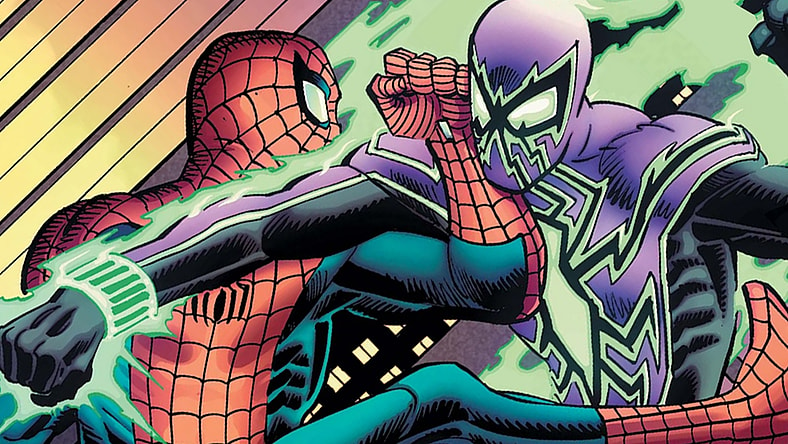
In the opinion of Marvel Entertainment President Dan Buckley, not only does he believe that the currently embattled comic book industry has finally found its way back to “a healthy place”, but those few struggles that it still faces are little more than lingering aftereffects from the worldwide economic disruption caused by the COVID-19 pandemic.

Buckley, who previously served as Marvel Comics’ publisher beginning in 2003 before eventually being appointed as the president of its overall parent entity in 2017, offered his take on the current state of the industry during a May 2024 interview given to ICv2’s Milton Griepp.

Met with an opening request from Griepp to share his “evaluation of the state of the comics medium,” Buckley opened up his response to address the state of the overall industry and opined, “It’s in flux, but I think it’s in a healthy place.”
“Obviously, there’s been a lot of change, in distribution, specifically, in our core comics business,” said the Marvel President. “As I mentioned in my keynote [at the 2024 Comics Professional Retailers industry conference], there is also a great deal of growth and opportunity coming from the middle-grade OGN business, where there’s a lot of new readers to be found, which is good.”
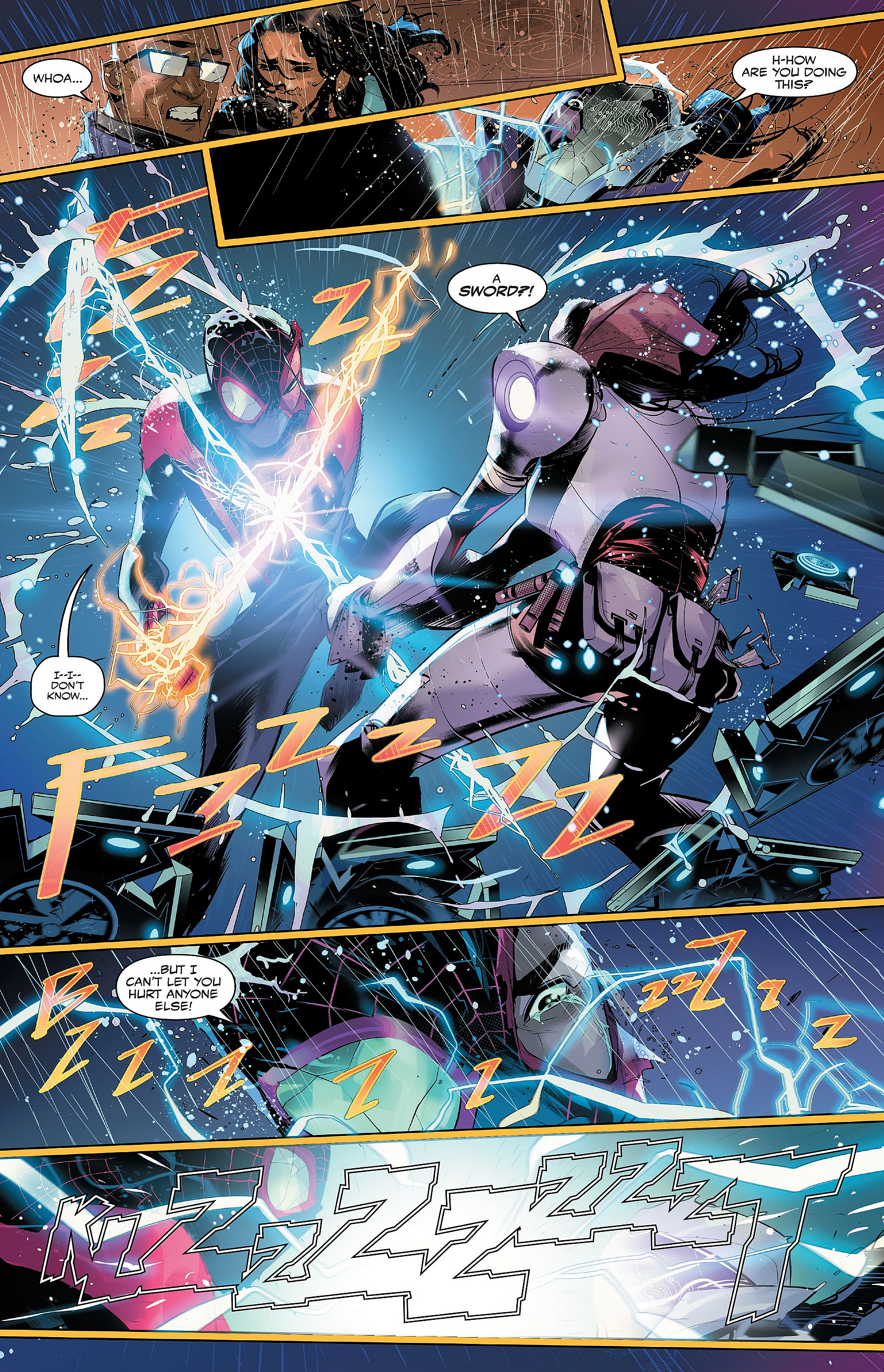
“If you asked me 10 years ago what was the thing I was most fearful of, I was most fearful of the fact that the newsstand business collapsed, and we no longer had a place for people to try out comics or learn how to read graphic fiction,” he further informed Griepp. “Now we actually have a world of people who really want to read it. It’s our job to go find them now and convert them into our business, but I feel very good about that.”
“The digital comics business is also going through a bit of a flux, but I feel like it’s in a really good place,” continued Buckley. “Business models and vendors are trying to figure out how they fit in this new ecosystem, but I think there’s great opportunity for growth.”
“The last piece is that there’s also a great deal of interest in comics and graphic fiction in the Kickstarter world,” he added. “It’s probably more of a creator‑owned talent world than publisher world, but it brings health and vibrancy to the industry. As I said, I think there’s a lot of change, but I feel good about the industry. There’s just some habits and new practices we’ll need to get to. I don’t know exactly what they are, but we’re experimenting and playing with different things to take advantage of those changes.”
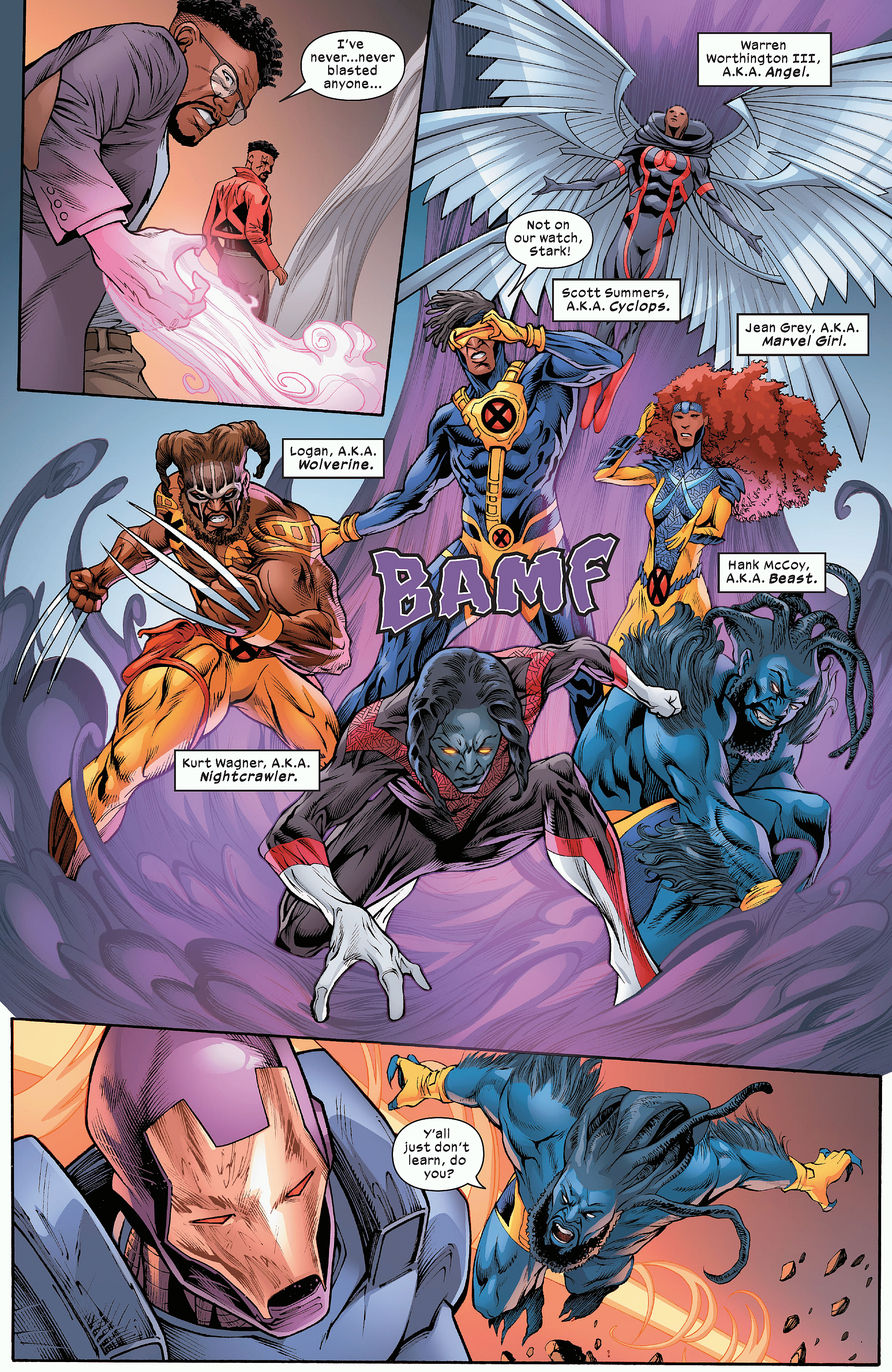
Next asked for his “thoughts on the state of the direct market”, the Marvel President admitted that while he believed it to be “in a much better place than most people think it is,” it was not without its problems, particularly in regards to the declining patronage of physical comic book retailers.
However, rather than acknowledging that this shedding of customers was due in at least some part to such regularly cited issues as books lacking quality storytelling or creators being rewarded for publicly attacking fans, Buckley instead claimed that this ongoing decline was instead a side effect of the industry still “try[ing] to find our way out of the pandemic”.
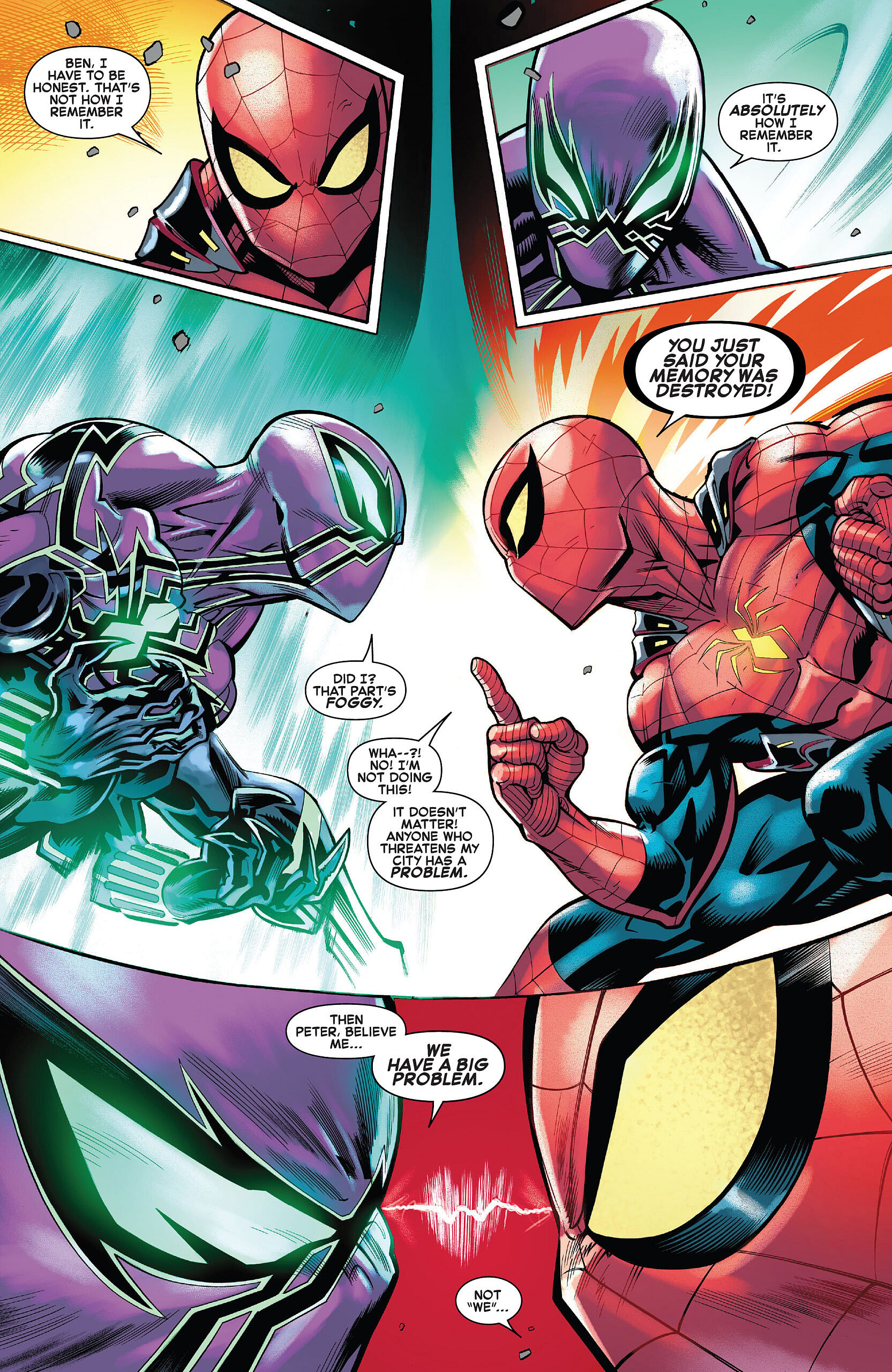
“We have to find a way to get people in the habit of going to the stores more: let’s get the Wednesday Warriors back,” he told Griepp. “I do think a lot of those people are still shopping in stores, but they’re not browsing as much. What we’re hearing is that people aren’t coming in every week. They’re coming in every two, three, four weeks, picking up their bundles. We have to get them to start coming to the store more often, start browsing more often. Yes, we have to get new readers in there, but we have to get the ones that have been habitual readers, or are lapsed readers, to come into the stores more often than they are.”
“I think where a lot of frustration comes in the industry is that for many years, as you well know, it was pretty easy to evaluate what the size of the industry was, because everyone distributed through one place and we could look at the numbers and figure out what the size of the industry was and what’s going on,” he added. “Yeah, there’s some challenges there, but I feel pretty good about the industry as a whole.”

Likewise, when later pressed as to whether he thought Marvel Comics’ recent sales woes had anything to do with their recent attempts at pandering to wider audiences having alienated their “old core audience of teen and young adult males”, Buckley rejected this theory and instead argued that such talk was actually a misreading of the general stumble the economy took during the pandemic.
“I don’t think the broadening of our audience had anything to do with if there was some degradation in our appeal with teen and young adult males,” he said in turn. “If we weren’t making the right product to resonate with them out of the core publishing business, that was on our content plan, not on the broadening of our content and demographics. Our sales don’t indicate that we have a huge problem.”

“Obviously the pandemic created a bunch of white noise,” he argued. “We have to continue to do a better job leveraging the demographic tentacles that have been created by the success of our games team, and the studios team, and Spidey and his Amazing Friends on Disney Junior.”
Drawing his thoughts on the matter to a close, Buckley ultimately affirmed, “We continue to say, how do we take advantage of this reach to help feed the comic book business and grow and sustain that readership base. No, I don’t buy that our broadening caused a decrease in readership.”
“You can find a specific book to say maybe that story didn’t resonate,” he concluded, “but I don’t buy that argument.”
